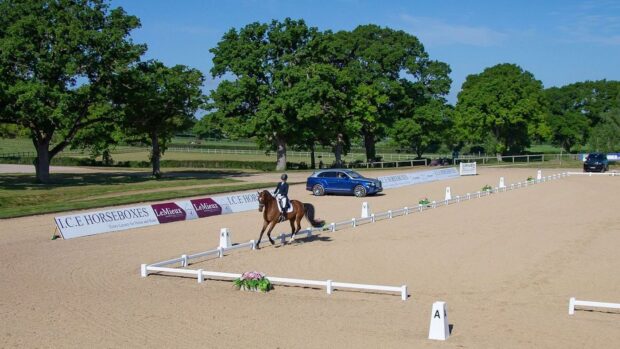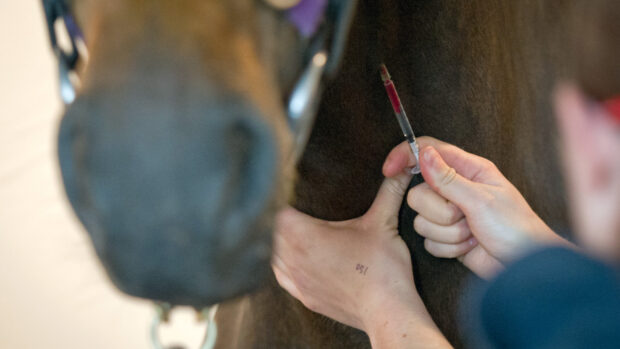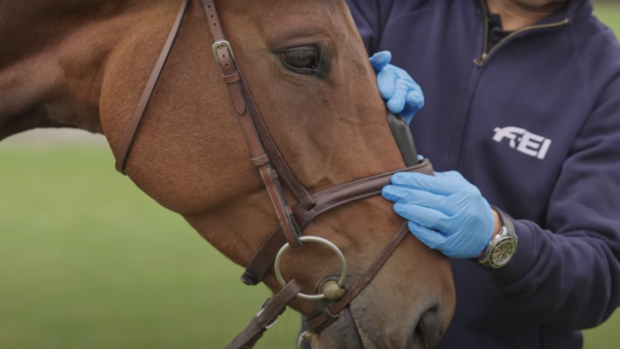The FEI — horse sports’ international governing body — proposes shelving its plans to allow the use of bute in competition, a topic which has caused global uproar over the past 10 months.
Last week, the FEI completed a full about-turn on its proposal to allow low-levels of bute and other non-steroidal anti-inflammatories (NSAIDs) during competition.
FEI veterinary director Graeme Cooke explained the change of heart.
“The evidence to allow NSAIDs in competition at this time is contradictory and data is limited,” he said.
“This is the recommended approach and we have asked national federations [NFs] to examine the proposal and comment. The general assembly will be asked to vote on which way the FEI should go.”
The FEI executive board released the proposal last week, following a congress in Switzerland last month at which experts failed to agree on whether giving NSAIDs during sport would be detrimental to performance, or enhance it.
“We will be doing more research on detection times for bute,” said Mr Cooke. “We noted requests during the congress for riders to be able to give horses something after an event.”
More research is underway
The current “acknowledged” time it takes for bute to leave a horse’s system [withdrawal time] is seven days, based on a dose of two sachets per day, for five days.
“In the real world, horses are given much lower doses, so we’re looking at the withdrawal time for a single injection, to show people they can give a lower dose at the end of an event
and still legally compete the next weekend,” added Mr Cooke.
The European Equestrian Federation (EEF) has given its full support to the plans on behalf of its 40 member nations, which includes the British Equestrian Federation (BEF).
Following the inaugural EEF general assembly last week, president Dr Hanfried Haring said: “This is the right decision for the EEF, for the welfare of the horse and a drug-free sport.”
BEF chief executive Andrew Finding also welcomed the FEI’s new approach.
“The right policies are now being pursued in support of our horses, riders and fair play,” he said, but warned it was “misleading” of the FEI to suggest it had any jurisdiction over the use of medication after an event.
Professor Leo Jeffcott, who last year wrote a letter of opposition to FEI president Princess Haya on behalf of leading vets globally, said the policy change was “fantastic news”.
He added: “It is a very important decision for the future of the sport.”
But whether the pro-bute nations will agree and vote to maintain the status quo is unclear. Emotions on both sides of the debate have run high, and Princess Haya has since last November offered to support the less vocal nations who wanted the change.
In a letter to the FEI’s member bodies in December, the Princess wrote: “I give you my word that this issue will be on the table in the form of a policy decision for the general assembly in 2010.”
The US Equestrian Federation has allowed bute in competition for 42 years and has been backing the plans. But as H&H went to press on Monday, neither USEF president David O’Connor nor chief executive John Long had answered repeated requests for comment.
This article was first published in Horse & Hound (16 September, ’10)




